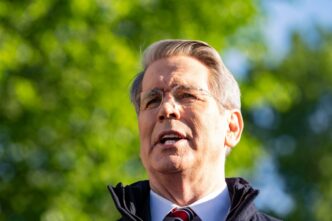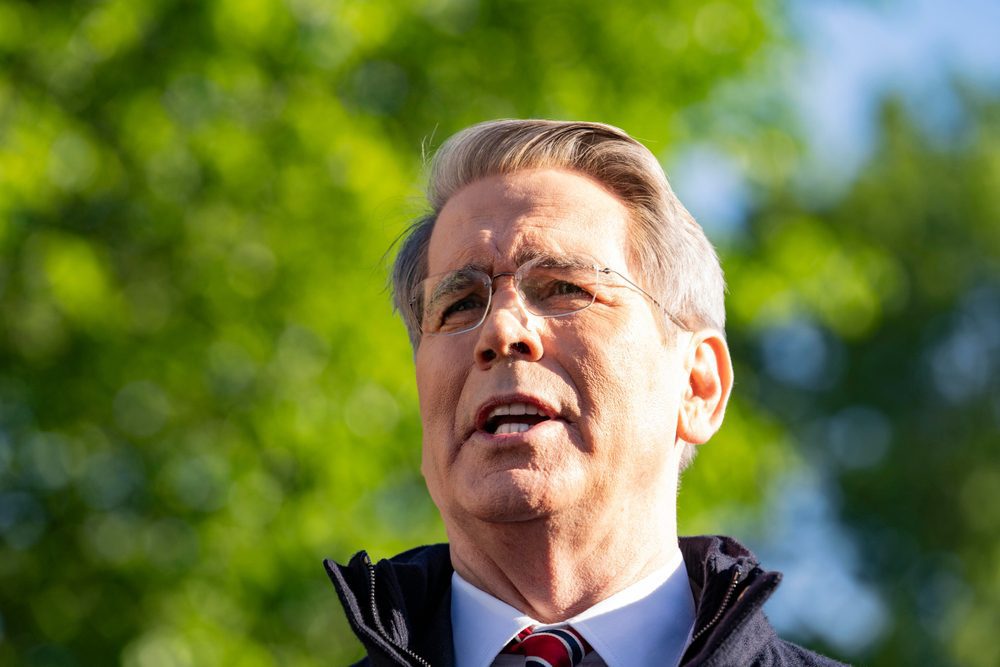Executive Summary
The Story So Far
Why This Matters
Who Thinks What?
American and Chinese officials have convened in Madrid for a series of high-level talks addressing a range of critical issues, including ongoing trade disputes, national security concerns, and the contentious future of the social media platform TikTok. These discussions, marking the fourth such engagement in recent months, aim to mitigate further deterioration in the strained relationship between the two global powers, particularly amid persistent tariff pressures initiated under President Donald Trump’s administration.
High-Level Delegations and Prior Agreements
The Chinese delegation in Madrid is led by Vice Premier He Lifeng, who is scheduled to meet with United States Treasury Secretary Scott Bessent between Sunday and Wednesday. US Trade Representative Jamieson Greer is also participating in these crucial negotiations.
These senior officials, alongside China’s top trade negotiator Li Chenggang, previously met in Stockholm in July. That meeting resulted in an agreement in principle to extend a trade truce for 90 days, which significantly reduced retaliatory tariffs and facilitated the resumption of rare-earth mineral flows from China to the US.
Escalating Tensions in the Semiconductor Sector
Ahead of the Madrid talks, China initiated two investigations targeting the US semiconductor industry. The Ministry of Commerce in Beijing launched an anti-dumping probe into specific analog IC chips imported from the US, focusing on commodity interface IC chips and gate driver IC Chips using 40-nanometer and above process technologies.
Concurrently, the Chinese commerce ministry announced an anti-discrimination investigation into US measures affecting China’s chip sector. These probes follow the US decision on Friday to add 23 Chinese firms to an “entity list,” imposing curbs on businesses allegedly acting against US national security and foreign policy interests. Among these are two Chinese companies accused of acquiring chipmaking equipment for the Chinese chipmaking giant SMIC.
A Chinese commerce ministry spokesperson stated on X that US export curbs and tariffs “constitute the containment and suppression of China’s development of high-tech industries” such as advanced computer chips and artificial intelligence.
Outlook for Madrid Talks and Key Discussion Points
Trade analysts suggest a low probability of a major breakthrough in the Madrid talks, which are being hosted by Spanish Prime Minister Pedro Sanchez in an effort to enhance Spain’s relations with China. Reports indicate that a potential outcome could be another extension of the deadline for TikTok’s parent company, ByteDance, to divest its US operations, currently set for September 17, to avoid a potential closure in the country.
The US Treasury confirmed that the discussions in Spain would also encompass joint efforts from Washington and Beijing to combat money laundering. The US has additionally pressed China for a stronger crackdown on illicit shipments of technology goods to Russia, which are believed to be aiding its military efforts in Ukraine.








